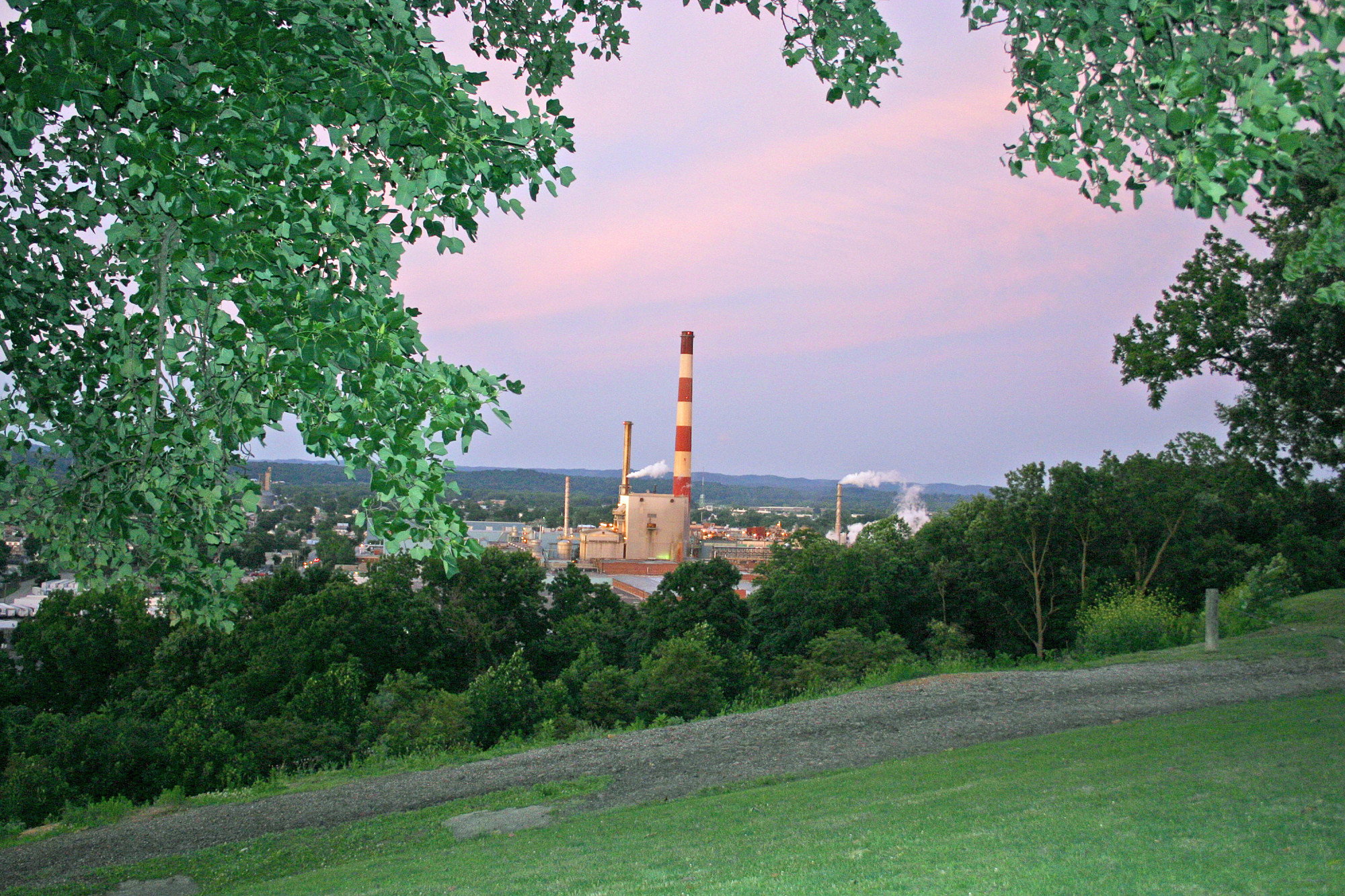
THRONE'S THOUGHTS: What we'll miss the most at the end of papermaking in Chillicothe
All is not lost, but the connection to a past memory and a way of life hurts the soul

By Michael Throne
I’ve been asked many times since April 15, 2025, what I think our community has lost as the last day of paper production in Chillicothe nears.Some answers are obvious: loss of income, loss of purpose, loss of unity. There are many others. But for me, the biggest loss is the loss of connection.
These days, it feels like we’re losing more connection with each other even though we have more ways to communicate than ever before. When we should feel most connected, our communities are divided by politics, personalities, and processes.
While many parts of the nation and state are experiencing growth, natural communities such as neighborhoods, service organizations, and clubs in small towns are shrinking. Our non-profit boards and elected offices attract fewer candidates because no one wants to endure the abuse and attacks that often accompany leadership.
We cherish the sense of place that Chillicothe and Ross County offer, but it’s hard to deny that we no longer have the same community we had 20 or 30 years ago. Then comes April 15—and the announcement that our legacy industry, papermaking, will cease here—another significant blow to our sense of connection.
While the economic impact can't be ignored—hundreds of direct jobs lost and many indirect positions affected across the region—the deeper scar is in the loss of the connections the mill once fostered. The mill formed close-knit communities inside its walls: shift teams who became like extended family, committees that brought together people from different departments to solve problems, and training programs where mentors helped newcomers.
Think about this for a moment: How many people in your circle can you name that have no direct connection to the paper mill? Are there any? I’ve tried to find them in the past few months, and there have only been a few.
Most people connected to the mill’s history have great stories about swimming in Mead Pool, playing softball at Mead Park diamond, or bowling in leagues at Shawnee Lanes under the “Papermakers” banner.
These connections went far beyond working hours. Mill employees volunteered together at local schools, organized food drives, and took part in community cleanup projects. Their shared identity as "mill workers" provided a foundation for engaging in civic life as a group. Annual company picnics, holiday celebrations, and retirement parties became community staples that united people across generations.
Now, as these structured opportunities for connection disappear, we face a less obvious but equally important challenge: a community trying to redefine how it comes together. Where once there were natural gathering places and reasons to connect, there is now a void.
Local diners that once buzzed with workers sharing notes before and after shifts now sit quieter. Even our schools feel the effect as families relocate in search of new opportunities, disrupting classroom communities and neighborhood ties.
In a sense, the closure represents not just the end of an institution but potentially the weakening of its remaining social ties to the community it helped build.
But there is hope.
While the physical presence of the mill may change and papermaking operations may stop, the connections it has built don’t have to end. Our opportunity – and duty – is to create new spaces and reasons for community. Now more than ever, we need to strengthen the bonds between businesses, educational institutions, and community organizations to build new connections for the future.
The story of Chillicothe does not end with the closing of the paper mill, even though this chapter will be marked by significant loss. What defines our community isn't just our industrial heritage but also our resilience and dedication to each other.
In the coming months and years, we must be deliberate in creating new traditions and gathering spaces. We should honor the legacy of the mill while welcoming new opportunities for connection. Most importantly, we need to recognize that the strength of our community was never just in the economic output of the mill but in the relationships it helped foster.
As we move forward, let’s carry forward the best qualities that the mill instilled in our community: collaboration over competition, mentorship across generations, and a deep sense of pride in creating something valuable together. These values go beyond any single industry and can guide us as we weave a new social fabric for Ross County—one that honors our past while building toward a connected future.
Michael Throne is a nearly 30-year resident of Chillicothe and formerly served in various roles at the Chillicothe Gazette. He is currently the President and CEO of the Chillicothe Ross Chamber of Commerce and can be reached at mthrone@chillicotheohio.com.
